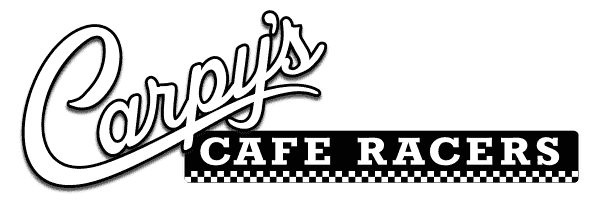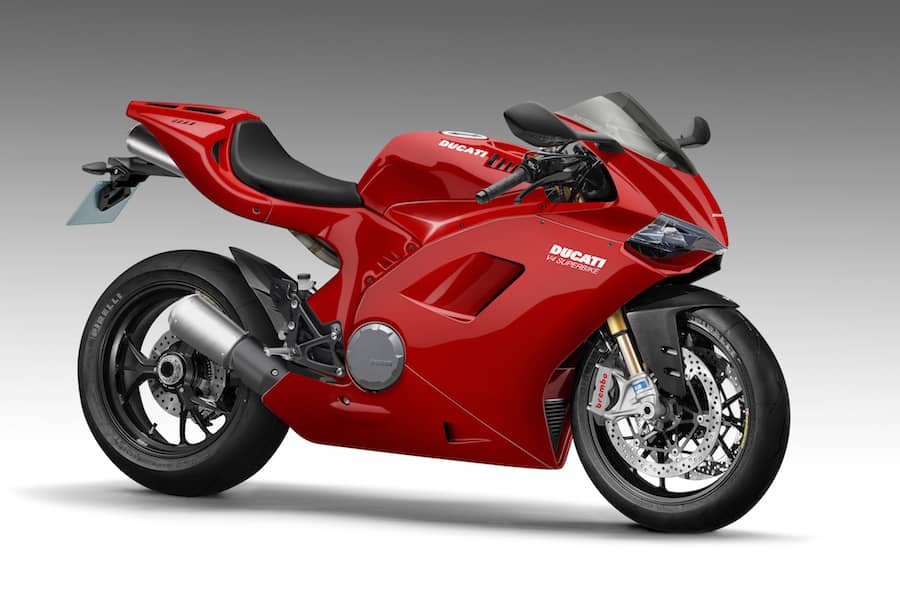With speculation rife that everyone from Harley-Davidson to Triumph to various Indian two wheeled giants, are lining up to buy Ducatifrom the beleaguered post-Dieselgate Volkswagen Group – we shouldn’t forget that the really important news is the imminent arrival of their new V4 superbike. Driven by the firm’s desire to recapture their World Superbike domination, […]
-
-
- Home
- Meet Carpy
- Carpy’s Café Racers
- The Hot Tamale / HTML – Honda CB750
- The Rice Boiler – Honda CB750
- Tenacious Ton – Honda CB750
- Seoul Motion – Honda CB750
- Russ Collins Special – Honda CB1000
- The Lunsford – Honda CB750
- The Nut Basher – Honda CB750
- The Cosmic Cafe – Honda CB750
- The Cosmic Cafe – Honda CB750
- The Speedmaster – Honda CB750
- G.C.R. – Honda CB750
- The Revolver – Honda CB750
- The Cyclone – Honda CB750
- Shop Our Store
- Reader’s Rides
- Blog
-
-

